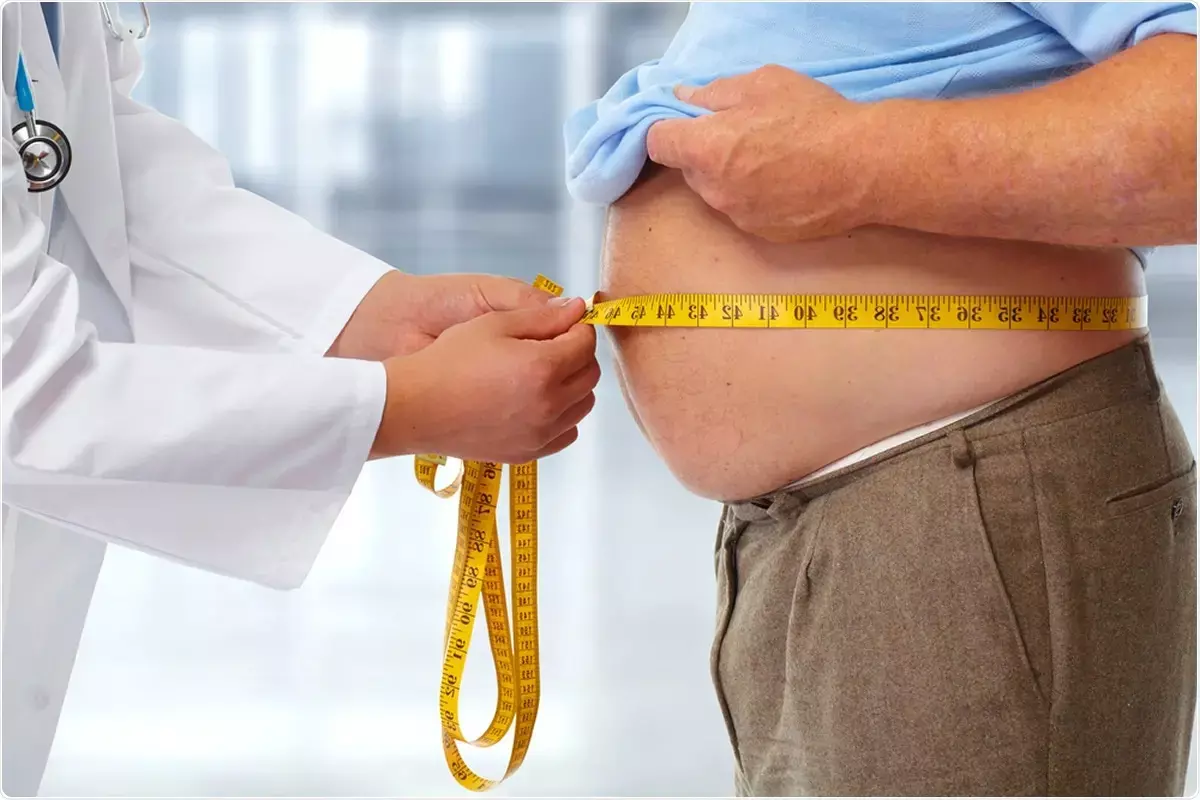- Home
- Medical news & Guidelines
- Anesthesiology
- Cardiology and CTVS
- Critical Care
- Dentistry
- Dermatology
- Diabetes and Endocrinology
- ENT
- Gastroenterology
- Medicine
- Nephrology
- Neurology
- Obstretics-Gynaecology
- Oncology
- Ophthalmology
- Orthopaedics
- Pediatrics-Neonatology
- Psychiatry
- Pulmonology
- Radiology
- Surgery
- Urology
- Laboratory Medicine
- Diet
- Nursing
- Paramedical
- Physiotherapy
- Health news
- Fact Check
- Bone Health Fact Check
- Brain Health Fact Check
- Cancer Related Fact Check
- Child Care Fact Check
- Dental and oral health fact check
- Diabetes and metabolic health fact check
- Diet and Nutrition Fact Check
- Eye and ENT Care Fact Check
- Fitness fact check
- Gut health fact check
- Heart health fact check
- Kidney health fact check
- Medical education fact check
- Men's health fact check
- Respiratory fact check
- Skin and hair care fact check
- Vaccine and Immunization fact check
- Women's health fact check
- AYUSH
- State News
- Andaman and Nicobar Islands
- Andhra Pradesh
- Arunachal Pradesh
- Assam
- Bihar
- Chandigarh
- Chattisgarh
- Dadra and Nagar Haveli
- Daman and Diu
- Delhi
- Goa
- Gujarat
- Haryana
- Himachal Pradesh
- Jammu & Kashmir
- Jharkhand
- Karnataka
- Kerala
- Ladakh
- Lakshadweep
- Madhya Pradesh
- Maharashtra
- Manipur
- Meghalaya
- Mizoram
- Nagaland
- Odisha
- Puducherry
- Punjab
- Rajasthan
- Sikkim
- Tamil Nadu
- Telangana
- Tripura
- Uttar Pradesh
- Uttrakhand
- West Bengal
- Medical Education
- Industry
High Protein and Low Glycemic Index Diet Reduces Hunger: PREVIEW Trial

Overweight adults with a high-protein, low GI diet had low appetite, compared to those with a moderate protein & GI diet.
Delhi: A high-protein low glycemic index diet prevents an increase in hunger but does not suppress weight regain after weight loss, according to the results of a clinical trial published in the Frontiers in Nutrition.
Over the past few decades, obesity has become prevalent and is a global health concern. Obesity considerably increases the risk of multiple serious diseases and places a huge public, health, and economic burden on individuals and governments. Obesity management involves the maintenance of weight loss (WL) and preventing weight gain. However, data on the effect of dietary macronutrient composition, glycemic index (GI), and physical activity (PA) together on changes in appetite sensations was not available.
With this background, researchers led by a team of investigators from the Department of Nutrition, University of Copenhagen, Denmark, carried out a randomized control trial to compare the long-term effects of two diets [high protein (HP)-low GI vs. moderate protein (MP)-moderate GI] and two PA programs [high intensity (HI) vs. moderate intensity (MI)] on subjective appetite sensations during WLM after ≥8% weight loss (WL).
Data was derived from the 3-years PREVIEW randomized intervention study. An 8-weeks WL phase using a low-energy diet was followed by a 148-weeks randomized weight loss management (WLM) phase. For the WLM phase, participants were assigned to one of the four groups: HP-MI, HP-HI, MP-MI, and MP-HI. Available data from 2,223 participants with overweight or obesity (68% women; BMI ≥ 25 kg/m2). Appetite sensations including satiety, hunger, desire to eat, and desire to eat something sweet during the two phases (at 0, 8 weeks and 26, 52, 104, and 156 weeks) were assessed based on the recall of feelings during the previous week using visual analogue scales. Differences in changes in appetite sensations from baseline between the groups were determined using linear mixed models with repeated measures.
From 52 weeks onwards, decreases in hunger were significantly greater in HP-low GI than MP-moderate GI. Although there was no difference in weight regain between the diet groups, hunger and satiety ratings correlated with changes in body weight at most timepoints. There were no significant differences in appetite sensations between the two PA groups.
"A HP-low GI diet was superior in preventing an increase in hunger, but not weight regain, compared with a MP-moderate GI diet. Similarly, HP-HI outperformed MP-HI in suppressing hunger. The role of exercise intensity requires further investigation," the researchers concluded.
Reference:
The study titled, "A High-Protein, Low Glycemic Index Diet Suppresses Hunger but Not Weight Regain After Weight Loss: Results From a Large, 3-Years Randomized Trial (PREVIEW)," is published in the journal Frontiers in Nutrition.
DOI: https://www.frontiersin.org/articles/10.3389/fnut.2021.685648/full
Dr Kartikeya Kohli is an Internal Medicine Consultant at Sitaram Bhartia Hospital in Delhi with super speciality training in Nephrology. He has worked with various eminent hospitals like Indraprastha Apollo Hospital, Sir Gangaram Hospital. He holds an MBBS from Kasturba Medical College Manipal, DNB Internal Medicine, Post Graduate Diploma in Clinical Research and Business Development, Fellow DNB Nephrology, MRCP and ECFMG Certification. He has been closely associated with India Medical Association South Delhi Branch and Delhi Medical Association and has been organising continuing medical education programs on their behalf from time to time. Further he has been contributing medical articles for their newsletters as well. He is also associated with electronic media and TV for conduction and presentation of health programs. He has been associated with Medical Dialogues for last 3 years and contributing articles on regular basis.
Dr Kamal Kant Kohli-MBBS, DTCD- a chest specialist with more than 30 years of practice and a flair for writing clinical articles, Dr Kamal Kant Kohli joined Medical Dialogues as a Chief Editor of Medical News. Besides writing articles, as an editor, he proofreads and verifies all the medical content published on Medical Dialogues including those coming from journals, studies,medical conferences,guidelines etc. Email: drkohli@medicaldialogues.in. Contact no. 011-43720751


